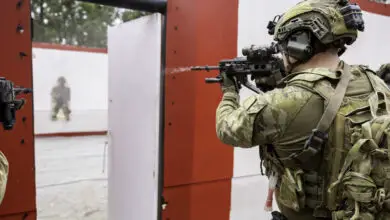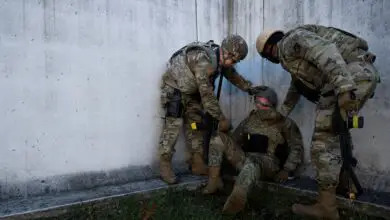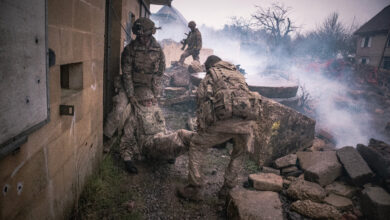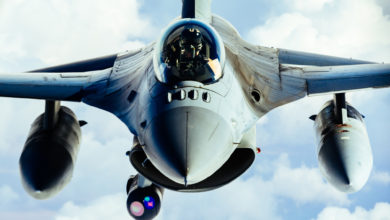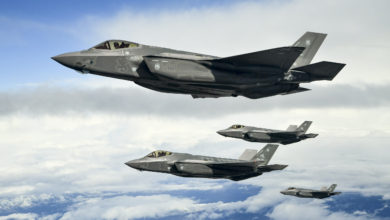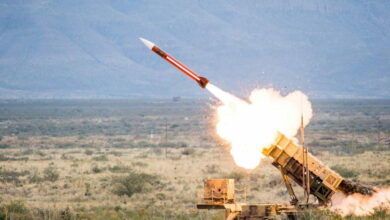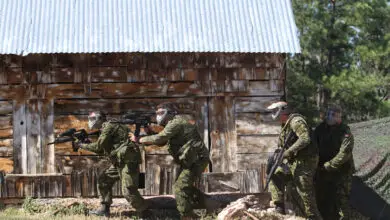USAF Taps SimX for Virtual Reality Medical Simulation Training
The US Air Force has awarded medical device manufacturing firm SimX a research and development contract to produce an enhanced virtual reality (VR) medical simulation training program.
SimX will modify its existing VR medical simulation system to develop a platform that ensures enhanced flexibility and repeatability for tactical combat casualty care.
“The mission impact of this project will be increased overall medical capability for combat casualty care,” former USAF official Col. John Dorsch said.
“These capabilities are critical for ensuring the highest level of medical care provided by our forces as they prepare for the continuing increase in operational tempo, near peer competition, and joint operations.”
SimX’s simulation training features lightweight VR headsets that depict battlefield environments and scenarios crucial to combat medics.
SimX will leverage the capabilities of American software company QualComm’s Snapdragon XR2 chipset on the HTC Vive Focus 3 headset.
The enhancements will provide “graphical realism while maintaining portability, wireless operation, and seamless co-located multiplayer simulation” to the US Air Force.
Virtual Capabilities
Snapdragon XR2 is an extended reality platform that merges fifth generation (5G) technology with artificial intelligence (AI), allowing users to explore every angle in a 360 degree spherical view.
“This is what you get when XR and 5G worlds collide: superior, speed-of-life interactions that empower you to play longer and dive deeper,” QualComm said.
As a standalone VR headset, Vive Focus 3 features high-fidelity hand tracking that enables users to interact in virtual surroundings with improved precision and accuracy.
The headset is also equipped with an active cooling mechanism that keeps the equipment prepared for longer immersive sessions.
VALOR Program
The US Air Force and SimX launched the Virtual Advancement of Learning and Operational Readiness (VALOR) program in 2020, aiming to make medical simulation training accessible for both civilian and military medicine.
The program also seeks to prepare healthcare workers involved in military missions to be trained in fully immersive, comprehensive, and flexible simulation training.
“The vision of the VALOR program is to adapt VR medical simulation training to enable high-quality, repeatable, and accessible clinical training for any scenario,” said Program Principal Investigator Karthik Sarma.
The training gives American troops real-time experience through a wide variety of “acute clinical challenges and psychoenvironmental stressors,” equipping them for quick and decisive action during real situations.
“Simulation training is the only proven educational approach that improves the ability of elite medical personnel to achieve the mission regardless of distractors and challenges, in any role and any environment,” SimX said.



